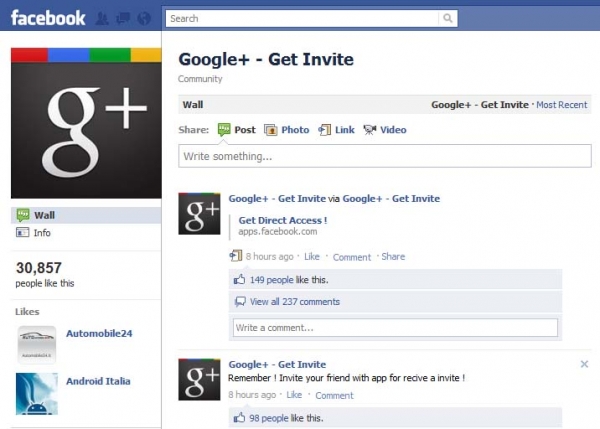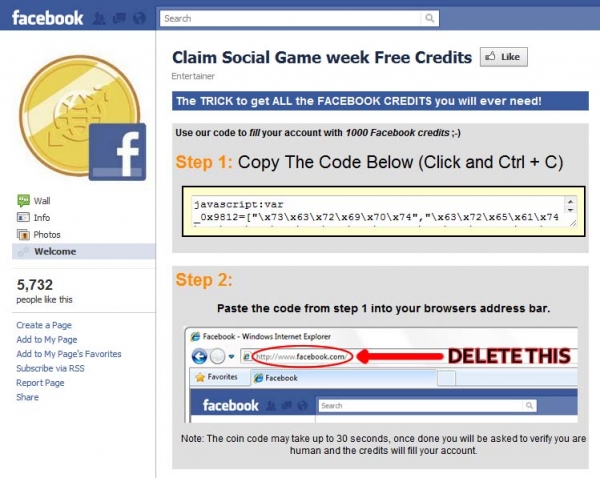Earlier, we posted an article comparing the TOS of Facebook and Google+. The result of which was pretty distressing, considering how Google+’s was worded in such a way that caused alarm. At first glance it made Facebook’s seem tame in comparison. Other, more qualified legal experts, have weighed in on the matter, as some readers have helpfully informed us.
“Oh dear, more of the same “I am not a lawyer” warped legal interpretations and very poor advice. Any kind of web based service that allows you to upload your own content has similar terms, and the part which everybody seems to miss is the qualifying statement indicating that granted permissions only apply “as necessary in the provision of the service”. Simply displaying a picture you’ve uploaded requires copying, creation of derivative works (for thumbnails etc.), distribution etc., providing services such as onscreen editing or ordering prints requires sharing copyrighted works with approved third parties etc., and they have to indemnify themselves by getting full permission in advance. Otherwise, you’d have to get a mail every time somebody accessed your profile asking permission to distribute your profile picture… This kind of implied licensing should be provided for by copyright law so that individual web services don’t need to cause a storm in a teacup every time a non-lawyer decides to take certain letters of their TOS more literally than others.
Now, just because Facebook responded to said storm in a teacup before and rewrote their TOS to accommodate does not mean there was a problem with the TOS in the first place, simply that it was worded in a way that caused concern. The real issues are the way it changes privacy settings without consulting the user, adds new features which default to privacy being set to minimum, allows third parties to access private information on the “please be honest” principle, and makes certain parts of your profile unhidable to the world at large. Time will tell how well Google will deal with this, but after the Buzz fiasco and Google’s existing reputation I’d like to think they’ll try a bit harder (with the odd honest mistake). We’ll see.”
-Coal Miki-Restall, Facecrooks commenter
Taking the TOS literally was an easy enough mistake to be made, especially for a layman. In fact, we were not the only ones to interpret the TOS as such. MSNBC made the same claim, though we can no longer verify it as the article has already been taken down.


From an article on ZDnet (http://www.zdnet.com/blog/projectfailures/google-plus-is-privacy-an-issue/13749) on the subject of TOS’s:

Being responsible means making an effort to correct the misconceptions and confusion caused by the interpretation, so here we are presenting you with articles that discuss the issue in a more accurate and comprehensive way:
http://www.petapixel.com/2011/07/12/fud-over-googles-terms-of-service/ and http://www.jmg-galleries.com/blog/2011/07/08/how-i-evaluate-terms-of-service-for-social-media-web-sites-google/ (special thanks to commenter, Romany Hays Norris, for sharing). The first article discusses whether all the FUD (Fear, uncertainty, doubt – for those who, like me, didn’t know) is justified while the second article is a very useful guide to what users should consider when analyzing TOU’s or TOS’s.
http://www.wired.co.uk/news/archive/2011-06/29/google-facebook-privacy – This one’s a simpler explanation of Google’s privacy policy.
http://www.zdnet.com/blog/projectfailures/google-plus-is-privacy-an-issue/13749 – This one compares Google+’s TOS to that of other sites such as Twitter, as well as offers useful advice to consumers on internet privacy.
http://blogs.ft.com/fttechhub/2011/06/google-plus-privacy-flaw/#axzz1S7SCZ33z – an account of one user’s experience with Google+ as well as some discussion on the site’s privacy issues.
We strongly suggest that you read them and form your own opinions on the matter.
We thank those who made the effort to correct us and to explain exactly why we shouldn’t be panicking over the TOS. After all, internet privacy is a community effort. The security of our data is a common goal that all users should have, and helping each other is the only way to achieve it.
At the end of the day, one question precedes all the others: why is it so difficult for us, the laypeople, to understand the TOS in the context that Google+ or Facebook wants us to?
As consumers, we should say no to the intimidating wall of text that is called a TOS and yes to a simpler, more concise, more user-friendly version. After all, we’re the ones clicking ‘I agree’, so shouldn’t we be entitled to a better explanation of what it is that we’re agreeing to?

 Previous post
Previous post
 Next post
Next post





